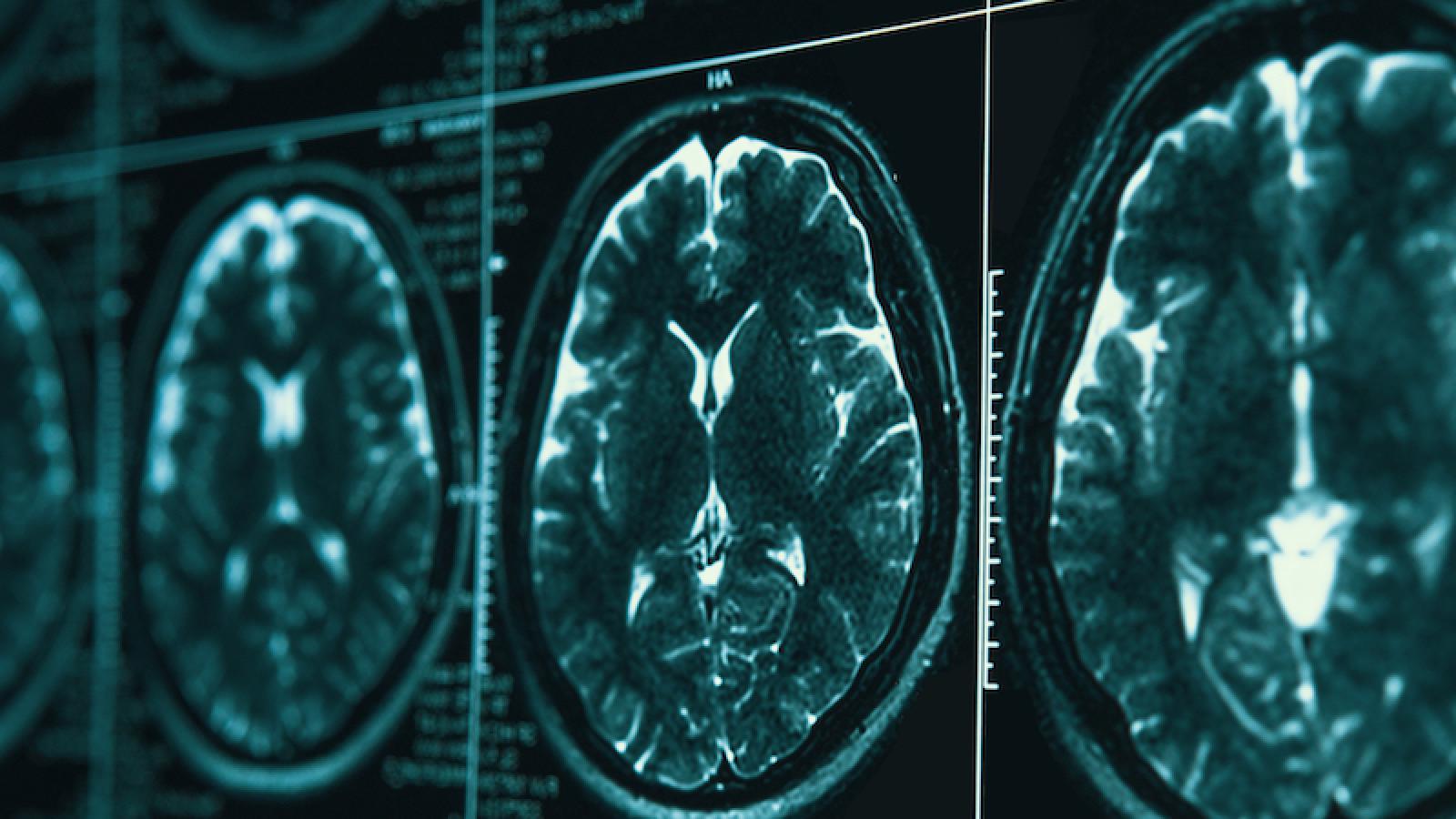People who experienced head injuries in their 50s or earlier score lower than expected on cognitive tests at age 70, according to a study co-led by Prof Nick Fox, Group Leader at UK DRI at UCL.
Head injuries did not appear to contribute to brain damage characteristic of Alzheimer’s disease, but might make people more vulnerable to dementia symptoms, according to the findings published today in Annals of Clinical and Translational Neurology.
Prof Nick Fox, who conceived and designed the project, commented:
“Serious head injury can have immediate devastating effects, but what is becoming increasingly clear is that less severe but repeated head injuries – such as those sustained in contact sports – can have an effect on brain health many years later.
Our study shows that, even in the general population, a head injury sufficient to cause a loss of consciousness can subtly affect cognition in later life. It has never been more clear that we need to do all we can to protect our brains from injury throughout our lives.”
<p>people born in the same week in 1946 took part in the study</p>
It has never been more clear that we need to do all we can to protect our brains from injury throughout our lives.Prof Nick FoxUK DRI Group Leader at UCL
Lead author Dr Sarah-Naomi James (MRC Unit for Lifelong Health and Ageing at UCL) said:
“Here we found compelling evidence that head injuries in early or mid-life can have a small but significant impact on brain health and thinking skills in the long term. It might be that a head injury makes the brain more vulnerable to, or accelerates, normal brain ageing process.”
The study involved 502 participants of the UK’s longest-running cohort study, the MRC National Survey of Health and Development Cohort, which has been following participants since their birth in the same week in 1946.
At age 53, they were asked ‘Have you ever been knocked unconscious?’ to assess whether they had ever suffered a substantial head injury. 21% had answered yes to this question. At around age 70 (69-71), the study participants underwent brain scans (PET/MRI), and they took a suite of cognitive tests.
The participants had all completed standardised cognitive tests at age eight, so the researchers were able to compare their results at age 70 with expected results based on their childhood cognition and other factors such as educational attainment and socioeconomic status.
The researchers found that 70-year-olds who had experienced a serious head injury more than 15 years earlier performed slightly worse than expected on cognitive tests for attention and quick thinking (a difference of two points, scoring 46 versus 48 on a 93-point scale). They also had smaller brain volumes (by 1%) and differences in brain microstructural integrity, in line with evidence from previous studies, which may explain the subtle cognitive differences.
The researchers did not find any differences in levels of the amyloid protein, implicated in Alzheimer’s disease, or other signs of Alzheimer’s-related damage.
Dr James added: “It looks like head injuries can make our brains more vulnerable to the normal effects of ageing. We have not found evidence that a head injury would cause dementia, but it could exacerbate or accelerate some dementia symptoms.”
The researchers did not have data on the frequency, severity or cause of the head injuries, which could indicate whether long-term impacts might have been greater for certain people.
The academics are continuing their research with this cohort to see if neurodegeneration or cognitive decline continues in late life among those with past head injuries.
The study was funded by Alzheimer’s Research UK, the Medical Research Council (MRC), Dementias Platform UK, the Wolfson Foundation and The Drake Foundation, and involved researchers at the UK Dementia Research Institute, UCL, London School of Hygiene and Tropical Medicine, King’s College London and the University of Gothenburg.
Reference
James, S.-N., Nicholas, J.M., Lane, C.A., Parker, T.D., Lu, K., Keshavan, A., Buchanan, S.M., Keuss, S.E., Murray-Smith, H., Wong, A., Cash, D.M., Malone, I.B., Barnes, J., Sudre, C.H., Coath, W., Prosser, L., Ourselin, S., Modat, M., Thomas, D.L., Cardoso, J., Heslegrave, A., Zetterberg, H., Crutch, S.J., Schott, J.M., Richards, M. and Fox, N.C. (2021), A population-based study of head injury, cognitive function and pathological markers. Ann Clin Transl Neurol. https://doi.org/10.1002/acn3.51331
Article published on 12 March 2021
Banner image: DedMityay/Shutterstock.com
<p>of the sample reported having been knocked unconscious by the age of 53</p>
